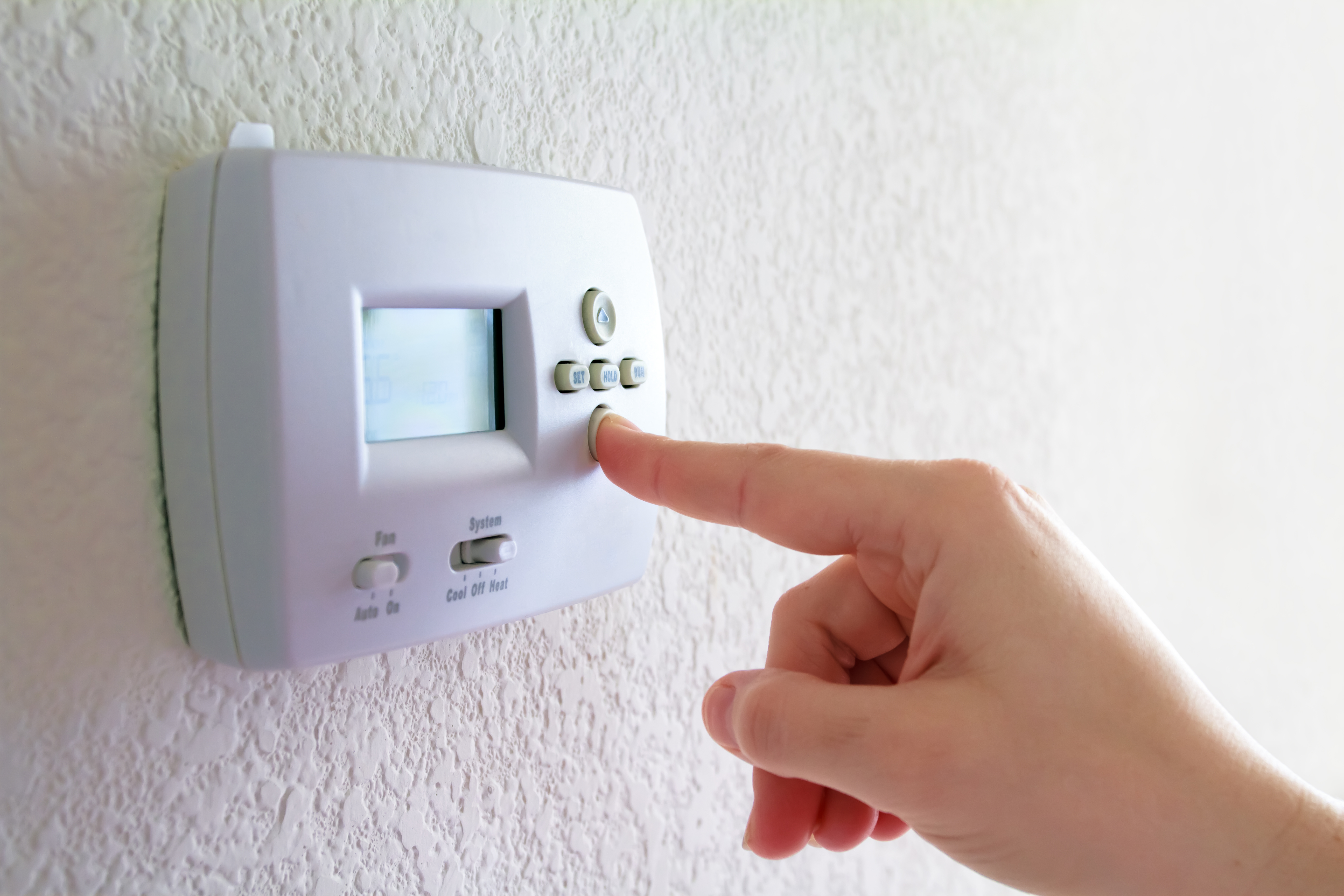Yes, air conditioning can have positive health effects, but have you ever thought about the negative consequences of spending the majority of your time in an air-conditioner-controlled environment? Besides affecting the environment, it can also affect your health, especially if the system is poorly maintained.
Sleep
For example, poorly maintained A/C units can be rather loud, and this noise can disturb the quality of life for everyone within earshot, which can affect moods, concentration, and cause the loss of sleep.
Inability to deal with heat
The prolonged exposure to A/C-controlled environments can create the inability to deal with heat. Meaning that those who spend a lot of time in these environments can become increasingly intolerant of hot temperatures. The stress on your body caused by having more difficulty in regulating its temperature from moving from a cool environment to sweltering outdoor air can increase your risk for heat-related illnesses such as heat stroke, especially if your body hasn’t had the time to adjust to the higher temperature.
Rooms set to very low A/C temperatures can promote lethargy, making you feel sluggish and unable to concentrate.
Immune responses
Cold air can weaken the body’s immune response, making us more susceptible to viral and bacterial infections. The prolonged exposure can constrict blood vessels in the nasal passage and upper respiratory tract, reducing the ability to fend off pathogens and viruses.
Forced indoor air with poor ventilation can increase the risk of “sick building syndrome”. The symptoms of this include headaches, dry coughing, dizziness, nausea, fatigue, trouble concentrating, and sensitivity to odors.
Muscle pain and stiffness
Prolonged exposure to very cold temperatures can cause muscles to contract and tighten, leading to stiffness and discomfort, which can also exacerbate pain and stiffness in those with arthritis or other musculoskeletal conditions.
Mold
Under the right conditions and oversight, mold can build up in the coils and ducts from condensation that forms when the cool air passes. In especially bad cases this creates a breeding ground for all kinds of bacteria and fungi can even result in black mold. When these microorganisms go airborne they can lead to breathing problems such as pneumonia or Legionnaires disease.
Indoor air pollution
Poorly maintained air conditioning can add to indoor pollution by bringing in particles that may trigger symptoms like sneezing and a stuffy nose, and those with respiratory diseases, asthma, and allergies may be particularly susceptible to this.
Air conditioning also circulates the air within a closed space, this means that it can accumulate pollutants like dander, dust, VOCs, and airborne chemicals to blow around. This makes it important to maintain them to improve their quality and minimize the potential negative impacts of the circulating air that we are breathing in.
Poorly maintained air conditioning can lead to migraines and headaches due to dehydration and poor air quality.
“Dry air”
A/C-controlled environments tend to have dry air which can make it harder to breathe, especially for those with asthma or allergies.
Air conditioning can dry out the air in your home by removing water vapors as it cools the air which can lead to dehydration. When you are dehydrated, with a dried-out nose and throat you are more susceptible to virus and bacteria infection.
Prolonged exposure to A/C-controlled environments can cause your skin to dry out, making it itchy and irritated.
Air conditioning tends to reduce the humidity in rooms, causing the moisture in our eyes to evaporate quickly leading to dryness, itching, and discomfort.
Constant cool, dry air can affect our respiratory system, causing coughing, sneezing, and throat discomfort, especially for those with underlying conditions.
Keeping A/C on the positive side
Air conditioning has become an essential part of life for people living in certain locations. If properly maintained they can improve air quality, cool down humid air, circulate the air, prevent heat damage to electronic equipment from overheating, reduce the risk of heat-related illnesses, promote better sleep, improve work performance, and deter certain insects and parasites from entering our homes.
However, it is very important not to neglect the necessary maintenance of the entire system including the filters, coils, motors, compressors, vents, blowers, exhaust, and anything else that keeps these systems running.
If the system is not maintained it will not function effectively and efficiently causing a steady decline in its performance as energy use steadily increases along with the possible negative side effects to your health.
As with anything you read on the internet, this article should not be construed as medical advice; please talk to your doctor or primary care provider before changing your wellness routine. This article is not intended to provide a medical diagnosis, recommendation, treatment, or endorsement. Additionally, it is not intended to malign any religion, ethic group, club, organization, company, individual, or anyone or anything. These statements have not been evaluated by the Food and Drug Administration.
Content may be edited for style and length.
References/Sources/Materials provided by:
https://symphonylimited.com/side-effects-of-air-conditioning-on-health-a-comprehensive-analysis/.
https://globalnews.ca/news/258330/top-5-health-problems-associated-with-air-conditioning/
https://www.webmd.com/a-to-z-guides/ss/slideshow-what-ac-does-to-your-body
https://www.cbsnews.com/news/the-pros-and-cons-of-air-conditioners/




